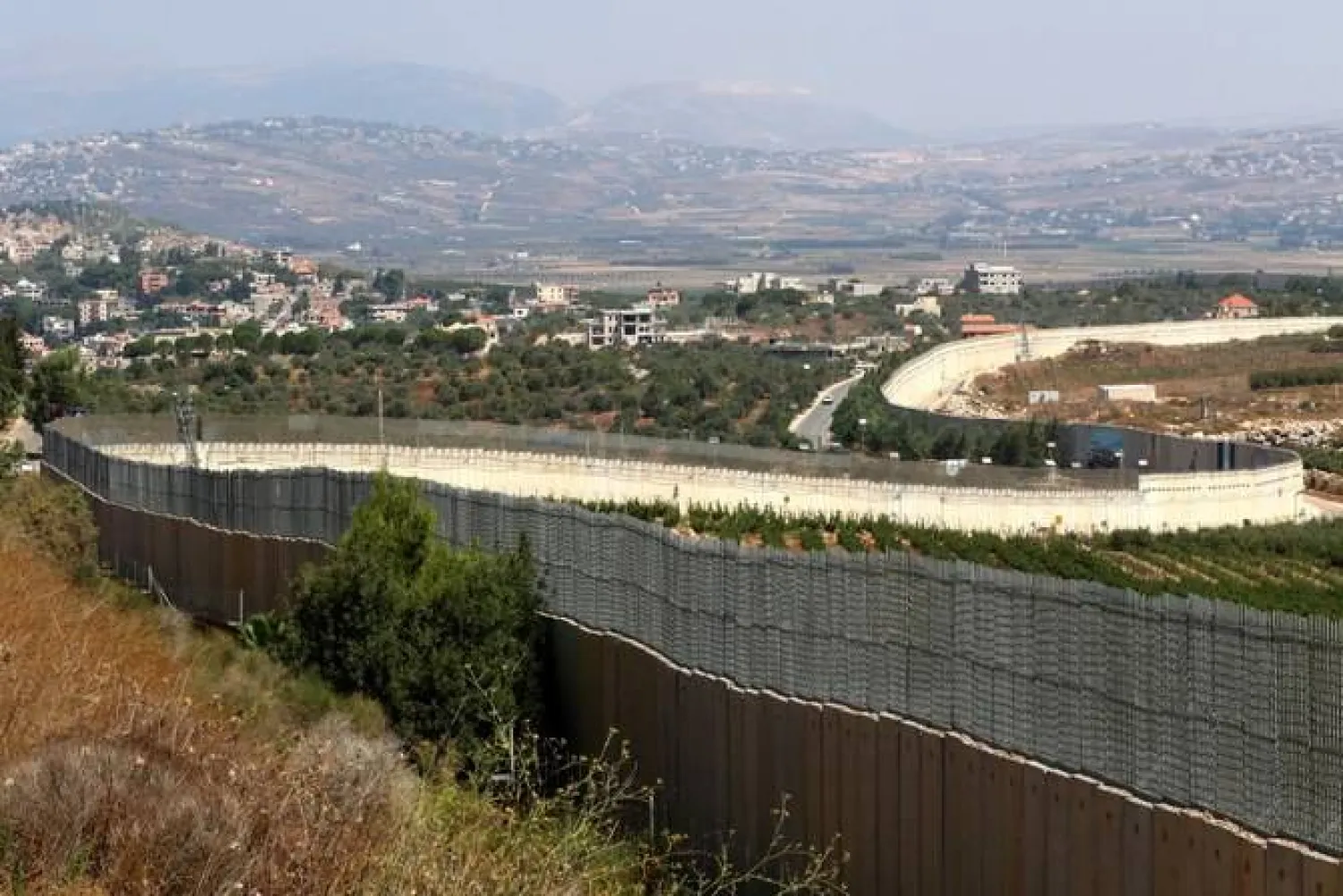Lebanon's army said on Wednesday it had exchanged smoke bombs with Israeli troops at the border, the second such incident in a week.
The Lebanese army, in an online statement, said Israeli troops had fired smoke bombs at a Lebanese patrol that was accompanying workers removing "infringements" that the army said had been set up by the Israelis north of the Blue Line.
Lebanese army troops "responded by firing smoke bombs toward enemy troops," the statement said.
The current demarcation line between the two countries is known as the Blue Line, a frontier mapped by the United Nations that marks the line to which Israeli forces withdrew when they left south Lebanon in 2000.
The Israeli military said it used "riot dispersal means" against the Lebanese army "in the area of the Blue Line" and that Lebanese troops fired tear gas grenades. It said no Israeli soldiers were reported injured.
The United Nations peacekeeping force in southern Lebanon, UNIFIL, said it was "fully engaged with the parties to de-escalate the situation".
Tensions flared along the frontier this summer, with rockets fired at Israel during flare-ups of Israeli-Palestinian violence, and members of the heavily armed Lebanese group Hezbollah or its supporters facing off with Israeli forces.
Wednesday's was the second such incident in a week after the troops exchanged tear gas and smoke bombs over a similar dispute at the Blue Line.









